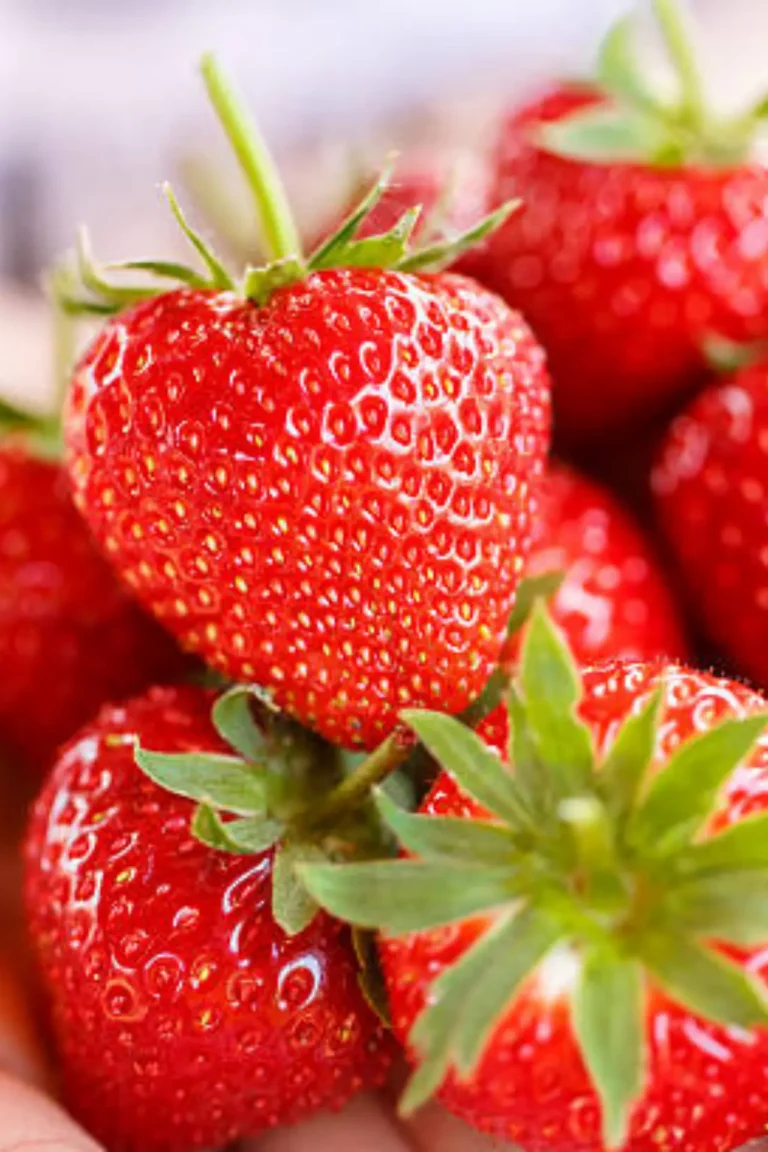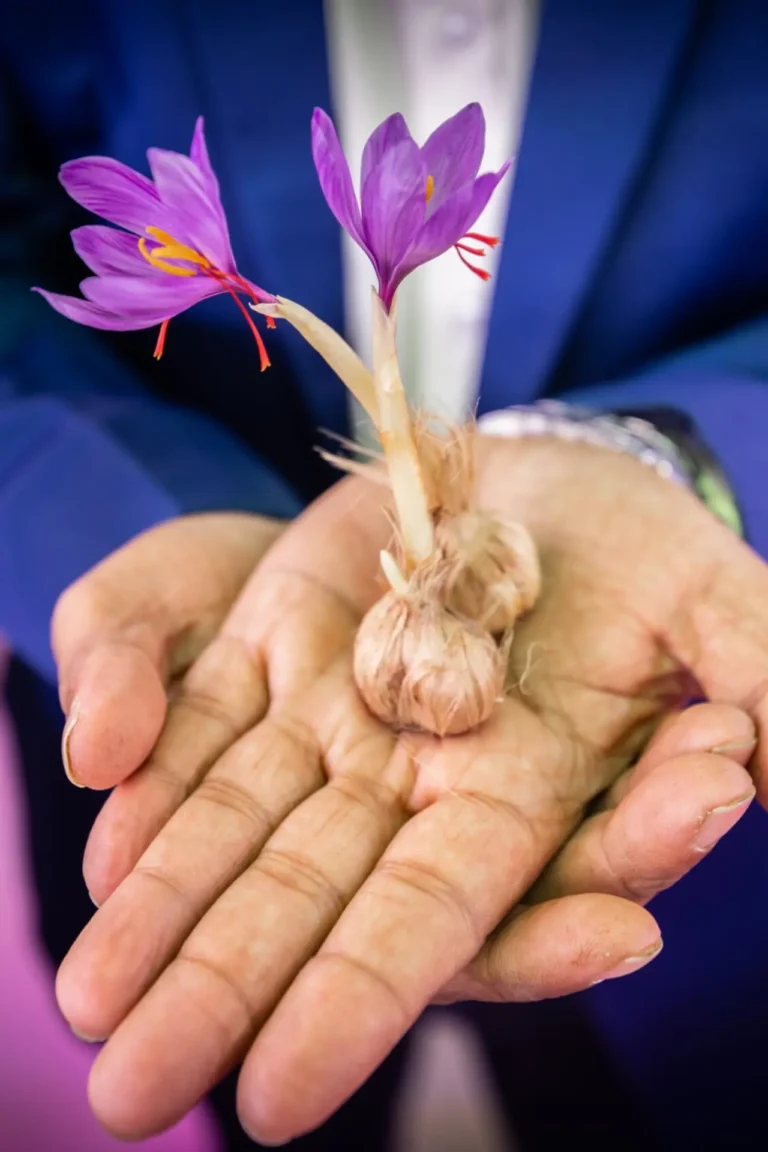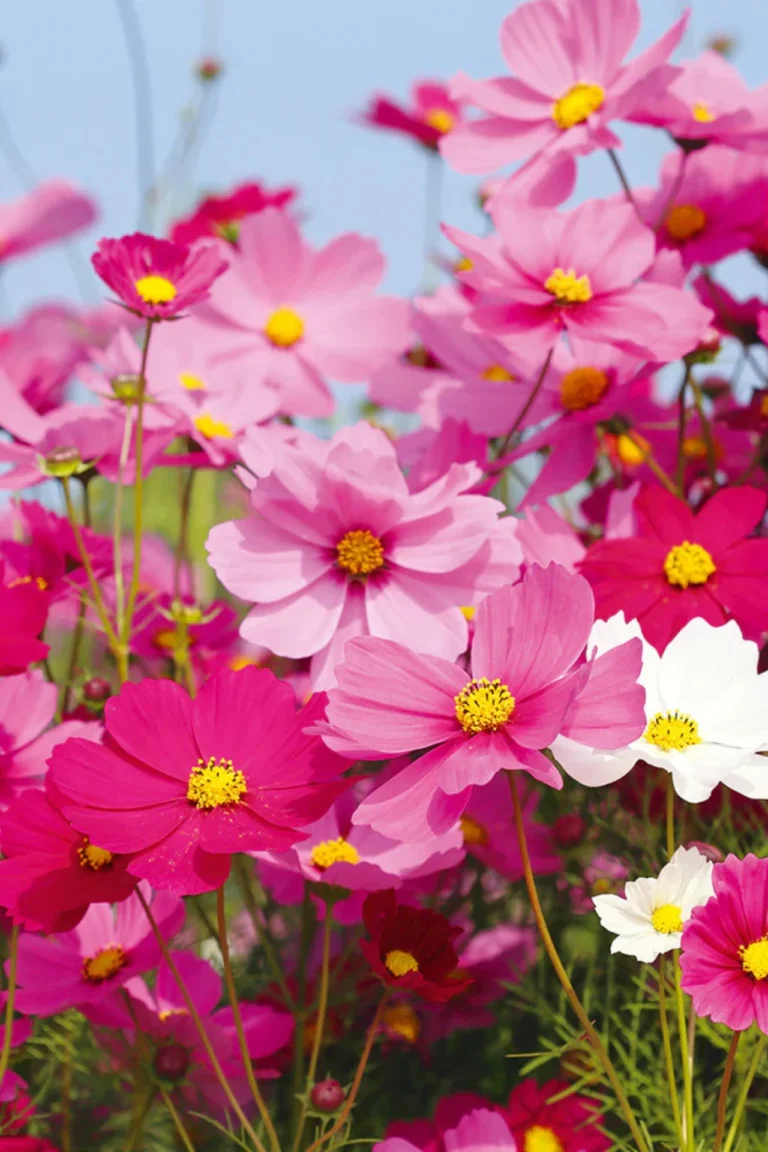SHOP BY CATEGORY
🌼 Best Flowers & Medicinal Plants to Grow at Home in Pakistan
Introduction
Pakistan’s diverse climate makes it perfect for growing a wide range of flowers and medicinal plants. Whether you live in Karachi’s warm breeze or Lahore’s cooler winters, a colorful and healing garden can thrive right at your doorstep. Flowers bring joy and fragrance, while medicinal plants like aloe vera, basil, and mint provide natural remedies for everyday health.
At SeedBeej.pk, you can find premium flower seeds, herb seeds, and organic compost to help you start your very own natural healing garden.
Discover the top flowers and medicinal plants to grow at home in Pakistan. Learn soil mix, care, and pest control tips with SeedBeej.pk.
🌸 Why Combine Flowers & Medicinal Plants?
Combining flowering and medicinal plants in your garden is not only beautiful but also practical. Flowers attract pollinators like bees and butterflies, while medicinal herbs naturally repel pests. Together, they create a balanced ecosystem that boosts plant health and productivity.
Explore our Seeds Collection to discover a variety of colorful and healing plants for your garden.
🌺 Top Flowers & Medicinal Plants for Pakistani Gardens
Here are some easy-to-grow, climate-friendly plants that bloom beautifully and offer healing benefits:
- Marigold (Genda Phool): Bright, cheerful, and naturally repels mosquitoes and nematodes.
- Rose: Known for its beauty and therapeutic uses in skincare and herbal remedies.
- Aloe Vera: Soothes burns, heals skin, and improves air quality indoors.
- Holy Basil (Tulsi): Strengthens immunity, reduces stress, and purifies air.
- Lavender: Calms the mind, promotes better sleep, and keeps pests away.
- Jasmine (Chameli): A beloved flower in Pakistan, known for its aroma and natural healing oils.
Find quality seeds for these plants in our Medicinal & Flower Seeds section.
🌿 Preparing the Perfect Soil Mix
Good soil equals healthy plants. Mix garden soil, compost, and coco peat to create a nutrient-rich, well-draining base. This blend supports both flowering and herbal growth.
You can purchase Organic Compost & Soil Mixes from SeedBeej.pk to ensure your plants receive the nutrients they deserve.
🌞 Sunlight, Watering & Space Tips
- Sunlight: Most flowers and herbs need 4–6 hours of sunlight daily.
- Watering: Water early in the morning or evening to avoid leaf burn.
- Space: Keep at least 6–10 inches between plants for proper air circulation.
Our Gardening Tools — including hand sprayers, watering cans, and cutters — make daily care easy and efficient.
🐝 Natural Protection Against Pests
Avoid chemical sprays and go organic! Neem oil, garlic water, or compost tea are great natural pest deterrents.
Explore our Organic Fertilizers & Pest Control range for eco-safe solutions that protect your plants and the environment.
🌼 Seasonal Flowering & Herbal Care
In spring and summer, grow sun-loving plants like marigold, basil, and lemongrass.
During winter, choose cool-weather blooms like petunia, pansy, and coriander.
Rotate crops every few months to maintain soil health and prevent pest buildup.
💚 Benefits of Growing Flowers & Medicinal Plants
- Adds natural beauty and aroma to your home
- Promotes better air quality
- Provides natural herbs for skincare and remedies
- Encourages pollination and biodiversity
- Creates a peaceful, stress-free environment
Start your own healing garden with SeedBeej.pk, Pakistan’s trusted gardening partner for eco-friendly planting.
🌿 Frequently Asked Questions (FAQs)
Q1: Can flowers and medicinal herbs grow together?
Yes! They complement each other — flowers attract pollinators while herbs deter pests.
Q2: What are the best medicinal plants for Pakistani homes?
Aloe vera, basil, mint, and lemongrass are great beginner-friendly options.
Q3: Which flowers are easiest to grow in Pakistan?
Marigold, zinnia, rose, and jasmine grow well in local climates.
Q4: How can I keep pests away from my herbs naturally?
Use neem oil spray or compost tea regularly to prevent insect damage.
Q5: How often should I fertilize my flowering and medicinal plants?
Fertilize every 3–4 weeks using organic compost or liquid fertilizer. Avoid over-fertilizing, as it can damage roots and reduce flower bloom.
Q6: Can I grow medicinal plants indoors?
Yes! Herbs like mint, basil, and aloe vera grow perfectly indoors with good sunlight and proper watering. Use breathable pots and nutrient-rich soil for best results.



